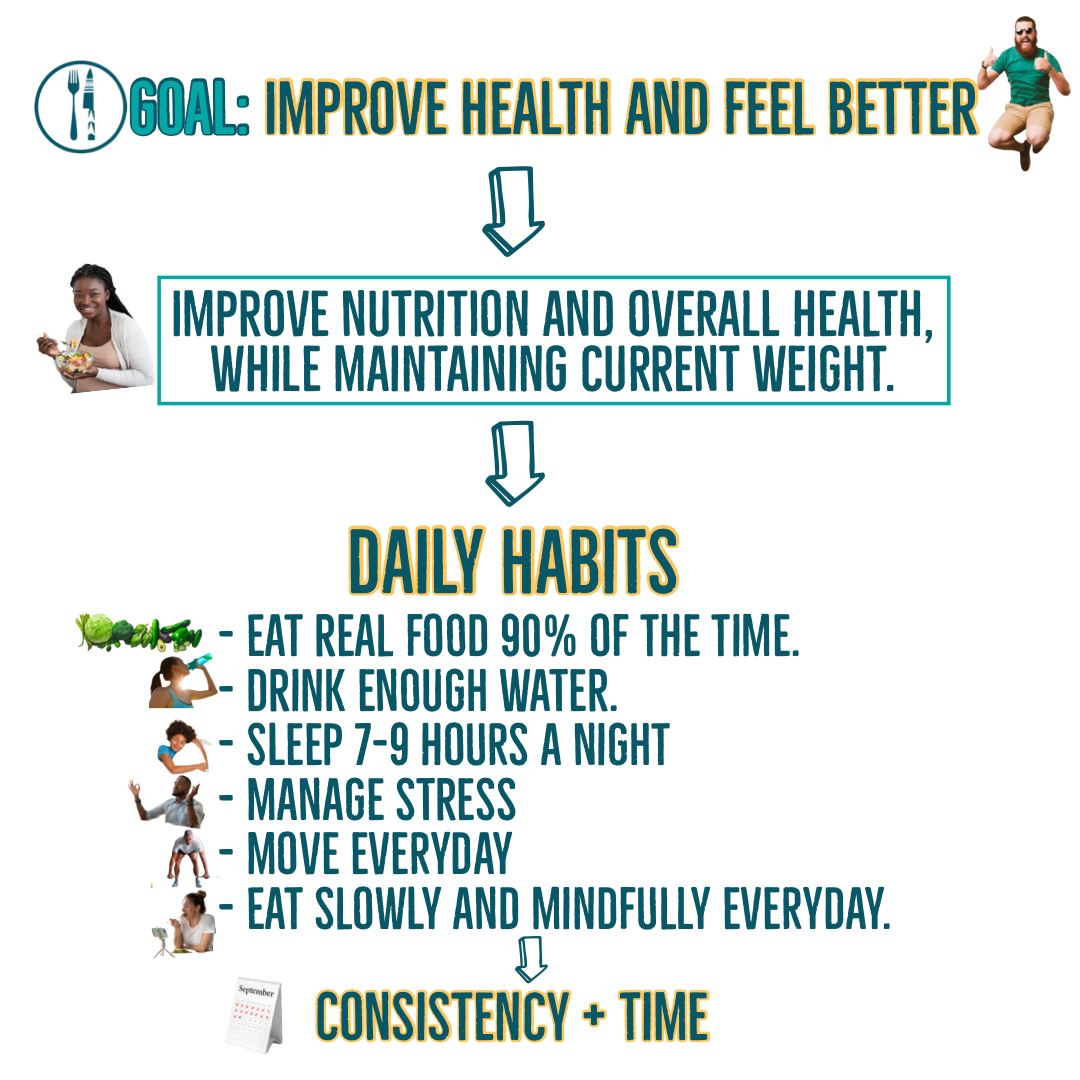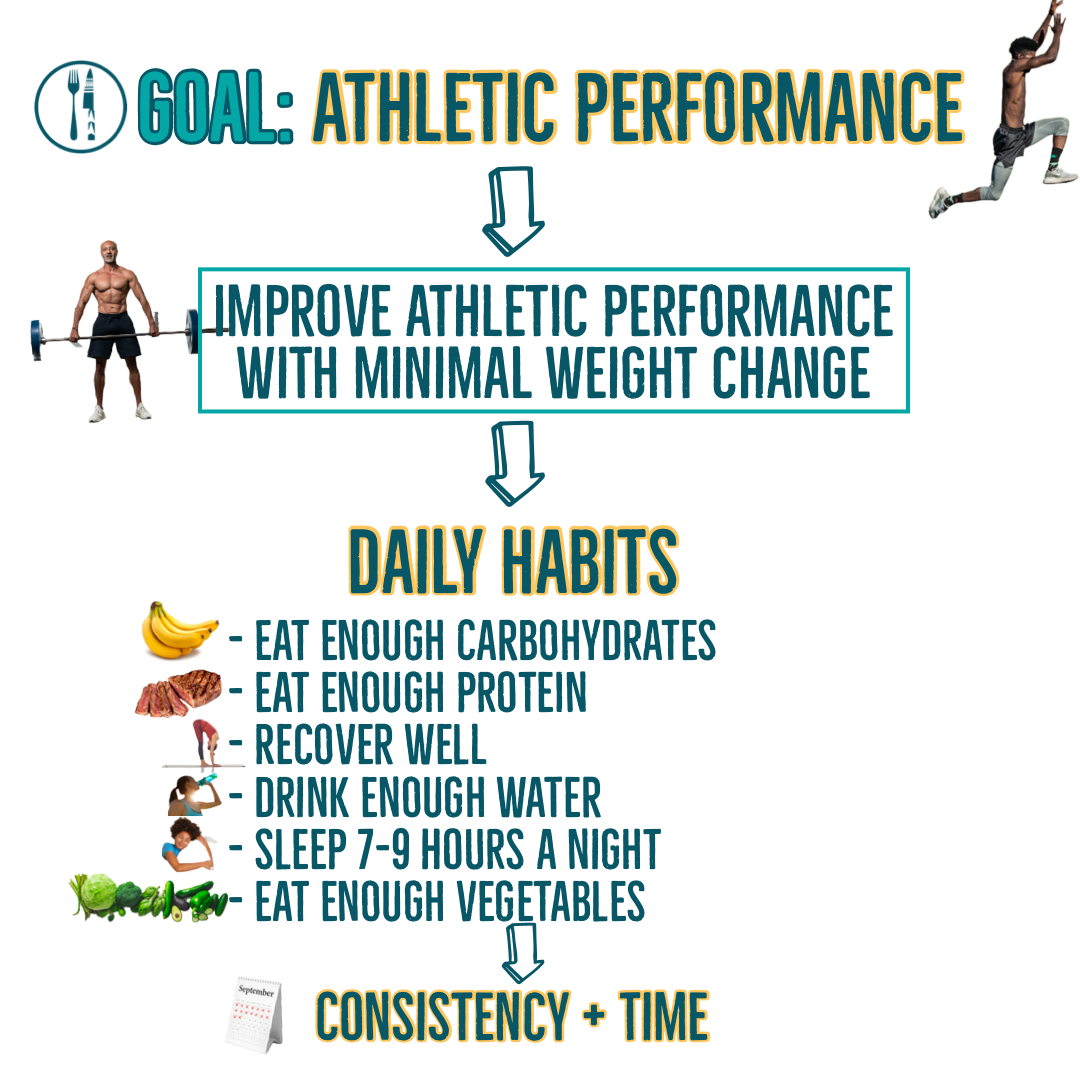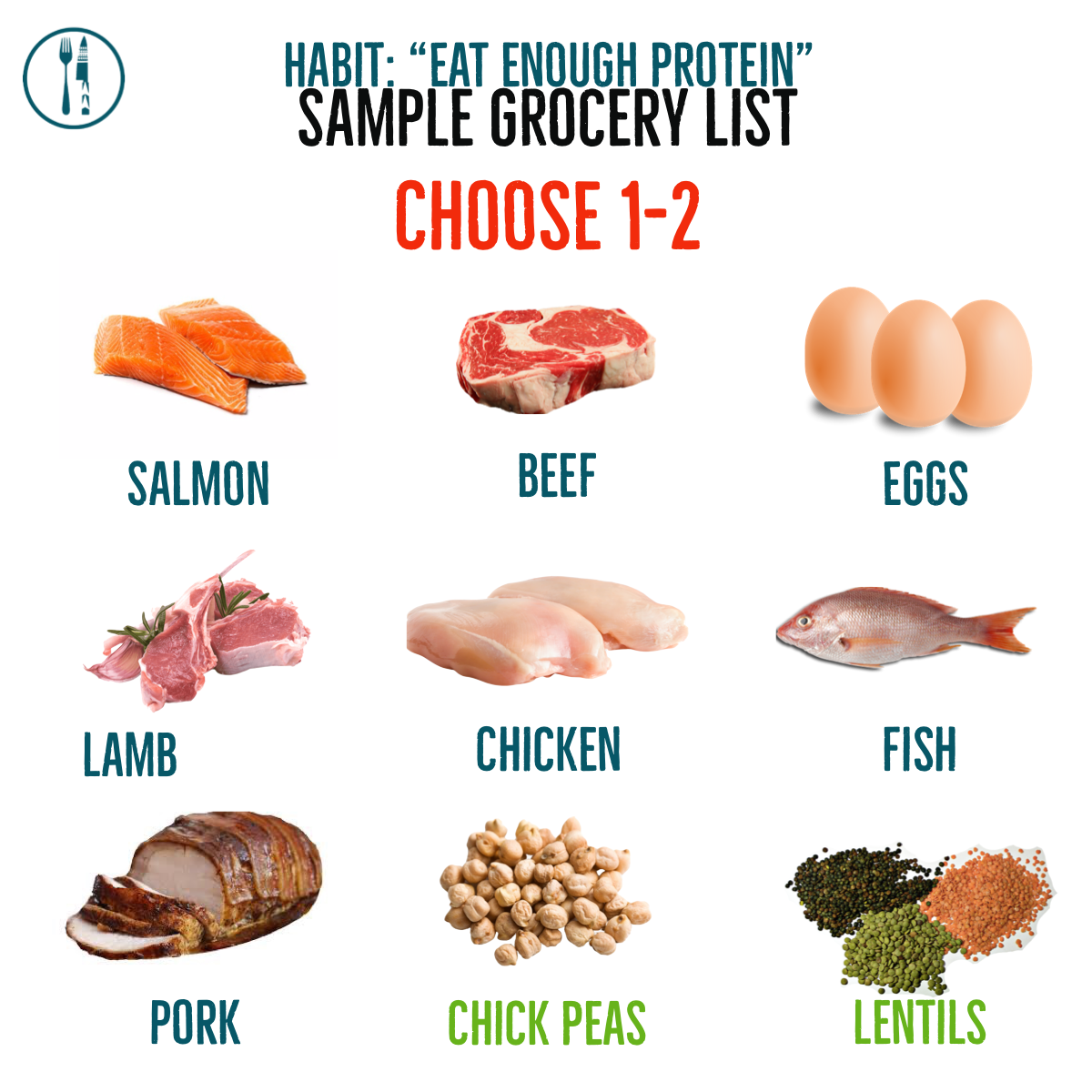The Power of Protein

Protein is a crucial macronutrient that plays an essential role in our overall health, longevity, and athletic performance.
As a nutrition coach, “eating enough protein” is one of the most common habits I prescribe to my clients. It is the one macronutrient that people typically undereat, yet is arguably the most important of the three.
In my professional opinion, people tend to undereat this important macronutrient because, as a food, it is highly satiating and difficult to eat a lot of, although this is actually one of its benefits. And there is a lot of mixed information about eating “too much” red meat or meat in general.
As an athlete, it is the primary focus of my nutrition and I feel the benefits when I am eating enough of it. While it is vital for building and repairing muscles, its benefits extend far beyond that.

Let’s dive into the advantages of incorporating adequate protein into your diet and explore how it supports both everyday health and peak athletic performance.
Health and Longevity Benefits
1. Muscle Maintenance and Growth
Protein is the building block of muscles. As we age, maintaining muscle mass becomes increasingly important to prevent sarcopenia (age-related muscle loss). Consuming enough protein helps preserve muscle mass, which is crucial for mobility, strength, and overall quality of life.
2. Bone Health
Contrary to the myth that high protein intake can harm bones, research shows that it can positively affects bone health. Moreover, adequate intake supports bone density and reduces the risk of fractures, particularly in older adults.
3. Weight Management
Protein has a higher thermic effect than fats and carbohydrates, meaning your body burns more calories digesting it. In addition, it promotes satiety, helping to control appetite and reduce overall calorie intake. This makes protein a valuable ally in weight management and obesity prevention.
4. Metabolic Health
High protein diets can improve metabolic health by enhancing insulin sensitivity and glucose regulation. This is particularly beneficial for those with type 2 diabetes or metabolic syndrome, as it helps stabilize blood sugar levels.
5. Longevity
Emerging research suggests that protein intake is linked to longevity. Adequate consumption supports cellular repair and regeneration, vital processes that slow down aging and improve overall health. In addition, studies have found that older adults who consume more protein have lower risks of frailty and premature death.

Athletic Performance Benefits
1. Muscle Recovery and Repair
After intense physical activity, muscles undergo microscopic tears that need repairing. Protein provides the necessary amino acids to rebuild and repair muscle fibers, leading to stronger and larger muscles. This process is vital for athletes who require quick recovery to maintain high performance levels.
2. Enhanced Strength and Power
Adequate protein intake is directly correlated with increases in strength and power. This is especially important for athletes engaged in strength training or high-intensity sports. Proteins stimulate muscle protein synthesis, leading to significant gains in muscle mass and functional strength.
3. Endurance and Stamina
For endurance athletes, protein is crucial in sustaining energy levels and reducing muscle fatigue. It helps in the repair and recovery of muscle tissues, allowing athletes to train harder and longer without experiencing excessive soreness or injury.
4. Body Composition
Protein supports favorable body composition changes by promoting fat loss while preserving lean muscle mass. This is particularly beneficial for athletes who need to maintain a certain weight category or improve their power-to-weight ratio.
5. Immune Function
Intense training can sometimes compromise the immune system. Protein also plays a key role in the production of antibodies and immune cells, thus supporting a robust immune response. This helps athletes stay healthy and avoid infections that could hinder their training schedules.

Common Statistics and Recommendations
- Daily Recommended Intake: For general health, the Recommended Dietary Allowance (RDA) iis 0.8 grams per kilogram of body weight. However, athletes and older adults may require more, with recommendations ranging from 1.2 to 2.0 grams per kilogram of body weight, depending on their activity level and goals.
- Protein Distribution: Distributing intake evenly throughout the day can optimize muscle protein synthesis. Aim for 20-30 grams per meal, including snacks.
- Protein Sources: High-quality sources include lean meats, poultry, fish, eggs, dairy products, legumes, nuts, and seeds. For vegetarians and vegans, combining different plant-based proteins can ensure a complete amino acid profile.
Conclusion
Protein is an indispensable nutrient that offers extensive benefits for health, longevity, and athletic performance. By ensuring an adequate intake of high-quality sources, you can support muscle maintenance, enhance bone health, manage weight, improve metabolic function, and increase lifespan. For athletes, it’s a key player in muscle recovery, strength gains, endurance, and overall performance. Make protein a priority in your diet to unlock its full potential for a healthier, longer, and more active life.

Author: Brandon Sefo



